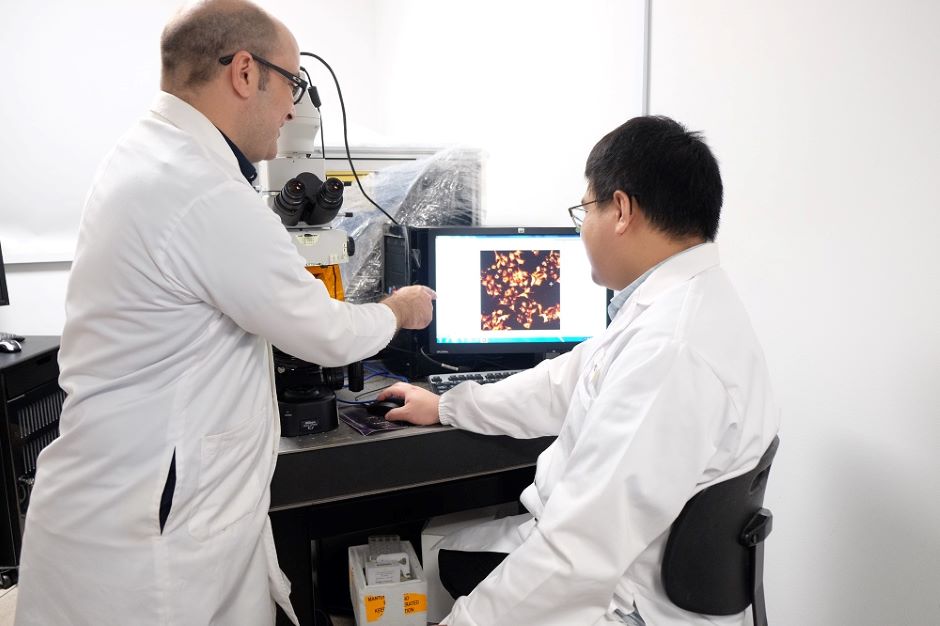NTU team develops ‘trojan horse’ drug delivery system
Scientists from NTU (Nanyang Technological University) Singapore have developed a novel drug delivery method using protein-based microdroplets.

The discovery promises to be faster, safer, more effective, and better suited for gene therapy, cancer treatment and vaccine delivery – including mRNA-based vaccines such as those used for Covid-19 vaccinations.
Made up of small proteins named peptides, the microdroplets can encase large biomacromolecules that carry drugs inside them. In doing so, they allow these biological molecules to enter cells, something the molecules can’t do alone.
Biomacromolecules are large biological molecules such as nucleic acids (DNA, mRNA), proteins and carbohydrates. They can carry large amounts of drugs, are non-toxic, can target specific sites and do not trigger the body’s immune response, making them preferable to synthetic carriers currently used in drug delivery.
However, their large size and inability to pass through cell membrane have held them back from widespread clinical use.
Led by professor Ali Miserez from NTU’s School of Materials Science & Engineering and School of Biological Sciences, the team’s method of first encasing biomacromolecules in protein-based microdroplets was found to let them enter cells reliably and effectively.
Register now to continue reading
Thanks for visiting The Engineer. You’ve now reached your monthly limit of news stories. Register for free to unlock unlimited access to all of our news coverage, as well as premium content including opinion, in-depth features and special reports.
Benefits of registering
-
In-depth insights and coverage of key emerging trends
-
Unrestricted access to special reports throughout the year
-
Daily technology news delivered straight to your inbox










Water Sector Talent Exodus Could Cripple The Sector
Maybe if things are essential for the running of a country and we want to pay a fair price we should be running these utilities on a not for profit...